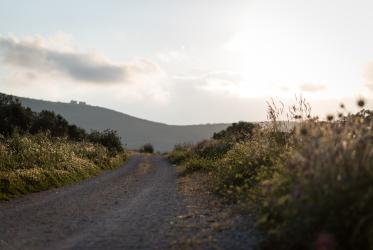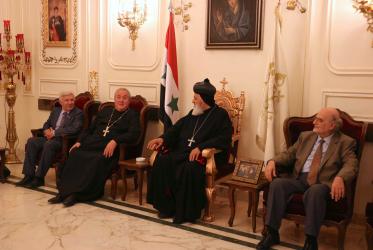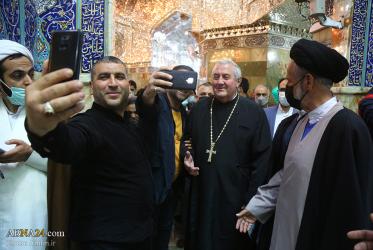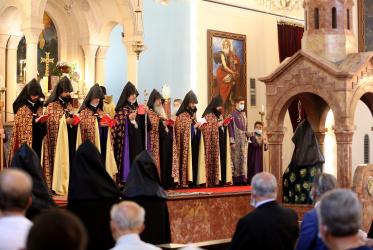Displaying 1 - 19 of 19
“My hope is in you”—youth in the Holy Land carry the future
17 August 2022
Bäume pflanzen und für Frieden in Palästina eintreten
27 January 2022
Planting trees and working for peace in Palestine
26 January 2022
In Lebanon, “without peace there is no justice”
21 July 2021










